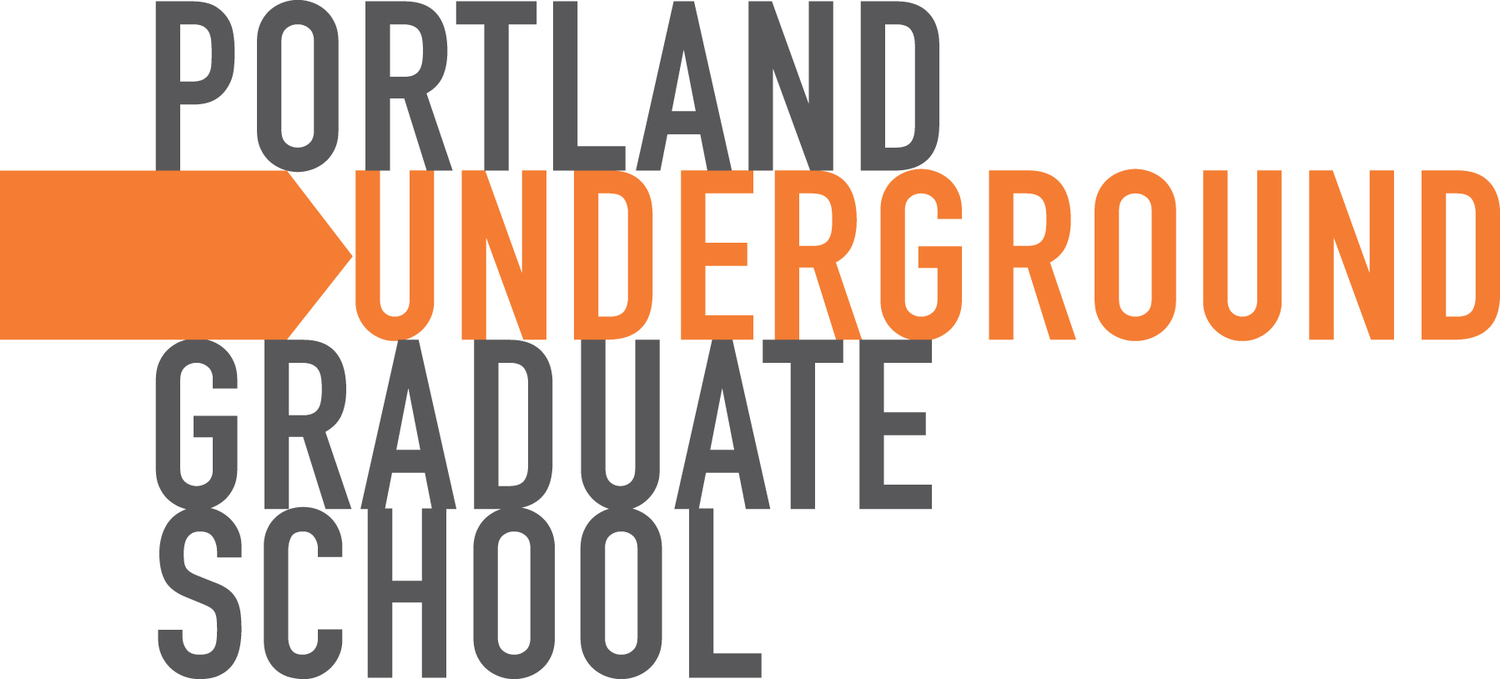Megan Leatherman on How to Know What Kind of Pivot You Need in Your Career
/Not everyone who’s unhappy at work needs a major career overhaul. Sometimes we just need to make small pivots along the way, tweaking here and there as our situations and feelings about the work change.
When we’re in the work every day, it can be tough to know if we really need something big to be different, if it’s just a small change that’s needed, or if something else is at play in another area of our lives.
In my experience as a coach, I’ve seen a few sure signs that a career tune-up is needed:
You constantly feel overwhelmed and mentally "flooded" at work
You feel tension in your body when you walk through the office door or even think about going to work
You find yourself getting anxious, angry, or sad at the end of your weekends
You're exhibiting physical symptoms that weren't there previously, like a racing heart, excessive sweating, headaches, etc.
Other important signals might be things like boredom, feeling drained at the end of each day, or just sensing a tug toward something new.
Megan Leatherman, PUGS Instructor
None of these signs mean you're bad or that you've done something wrong, they're simply your intuition trying to send you a message.
If you see your experience reflected in any of those points above, then you probably need a little professional realignment, and knowing what kind of tune-up you need is immensely helpful.
When we're in that space of sensing that something's not quite right, we can ask two powerful questions that are posited by Chris Guillebeau in his fun and accessible book, Born For This: How to Find the Work You Were Meant to Do.
The first question to ask ourselves is: Is it working?
Is the work you're doing actually working, as in: Is it bringing in enough money for you? Are you able to produce quality work? Is what you're creating resonating with the people it's meant to resonate with? Basically, is your career functional?
The second question is: Do you still enjoy it?
You might be getting promotions left and right, but do you hate the work? That's a red flag. In order to create a career that's energizing, meaningful, and a reflection of your unique giftedness, it's critical that you actually enjoy the day to day work.
Try to determine whether you enjoy the work itself or the fruit of the work, like praise from others, the "status" it gives you, industry accolades, etc. While all of those things might be fun results, if you don't feel a connection to the work itself, you may not be operating in alignment with your strengths, which can eventually feel really draining.
If your answer to both of those questions is "yes," then you're probably in the right spot professionally, which is great!
If you answered "no" to one of them, then maybe it's time to make a career pivot or switch some things up in your current environment so that you feel more aligned with the how and the what of the work. This might mean that you need to take on more responsibility, foster more connection with your peers, or commit to doing less each day. Your first step if you answered "no" to one of the questions above will be to try and optimize the aspects of where you are right now.
If you answered "no" to both of them, then something bigger needs to shift so that you can be expressing your gifts in a way that's more fulfilling and in a way that actually works. If you're in this bucket, there are a lot of amazing resources available to you, including career coaches, helpful online resources like this one, and the upcoming course, Intuitive and Intentional Career Development.
While it can be an overwhelming place to be in, my work with hundreds of professionals in transition tells me that you absolutely have what it takes to navigate the transition in a good way. Career development is a lifelong process, and you have important gifts to share with the world - it’s just about finding the right environment in which you can flourish.
A very important note: going through this exercise will only be helpful if we can be completely honest with ourselves as we answer those two questions.
If there's any part of you that hesitates to admit that things aren't working, or that tries to convince yourself that you do still enjoy it when deep down you know you don't, notice it.
It can be really hard to admit to ourselves that something we've worked at for so long just isn't fitting for us anymore. I've been in that place myself, and I know how uncomfortable it is.
I say this because while Guillebeau's questions are elegantly simple, our egos can over-complicate things in order to try to protect us from the truth.
The truth will feel clear and expansive to you.
If you're seeing the signs that something isn't working for you anymore, it can be an amazing opportunity to practice authenticity. You can choose freedom and answer those questions in a way that resonates deeply with you - the way that only the truth can.


